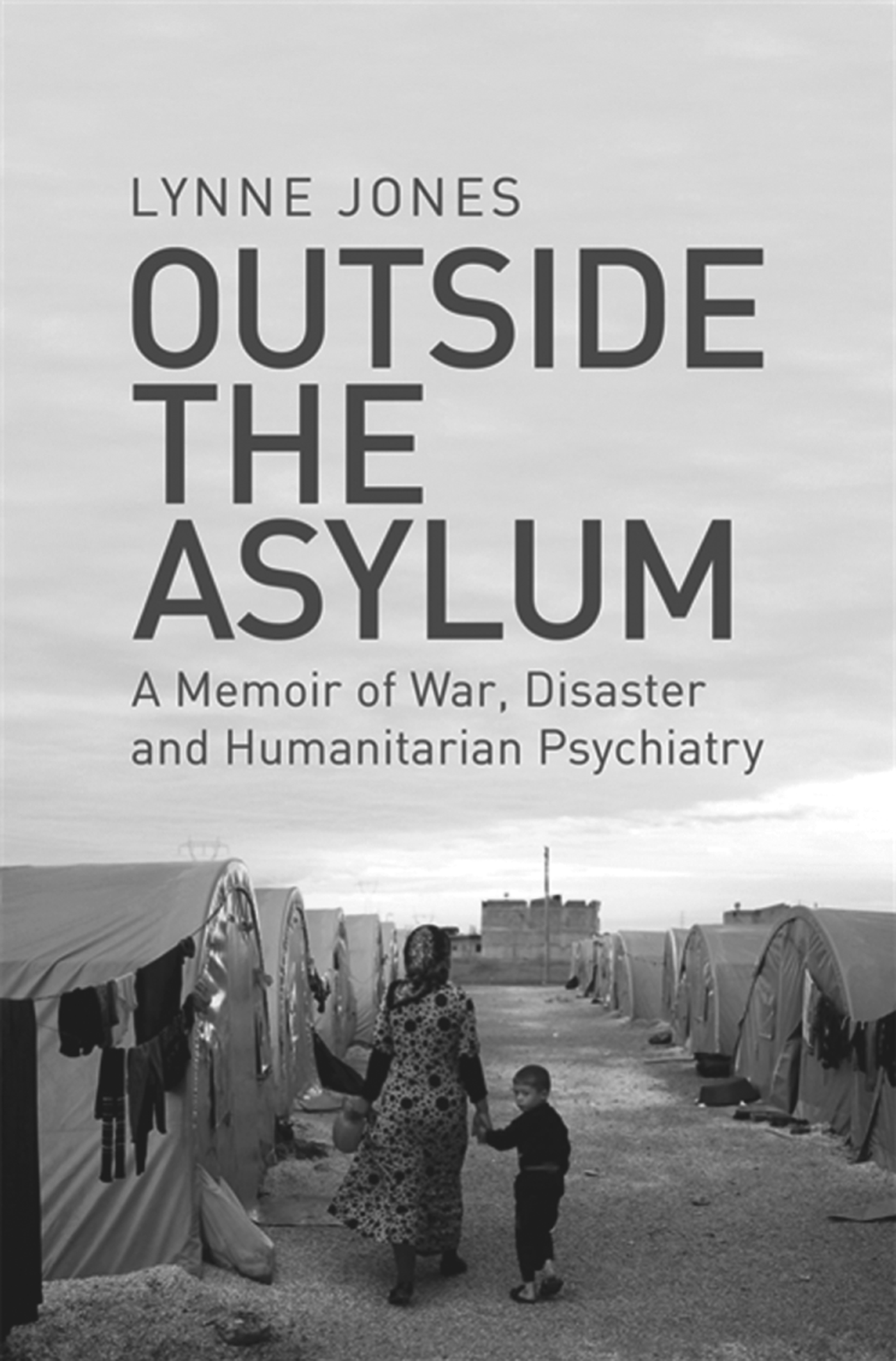
Step forward Radovan Karadzic, now serving 40 years for war crimes in Bosnia, and who features in this book's chapters on that conflict. He may not have twisted psychiatry as the Nazi doctors or Gulag shrinks did, but he is in no way a credit to the profession, his shameful MRCPsych notwithstanding.
Dr Jones is his polar opposite. Born into a life of privileged opportunity (medical parents, Oxford degree, medical qualification) she stepped off the career conveyor belt many times – to Greenham Common, the Balkans, Afghanistan, Africa, Haiti and the Calais jungle – whatever the risk in sniffy questions about gaps in her curriculum vitae.
Her writing quickly conveys a sense of time and place, jumping between war zones and natural catastrophes over three continents and four decades, and demonstrating in action the roles psychiatry can play there. She skilfully knits together disparate episodes to tell a story of practical activism by someone who puts her expertise and energy where heart so clearly lies.
A painfully familiar description of dismal 1980s British asylums reveals her motivation – empathy for outsiders, and anger at the everyday injustices they suffer. No-one is more an outsider than those suffering chronic, untreated mental illness in an impoverished war zone or earthquake aftermath. But these are the places she goes to, and these are the people she seeks to help.
The one hole her peg does truly fit into is that of writer. Her prose is compelling, vivid, moving and impassioned, but leaves little room for ambivalence or doubt: ‘When you refuse to join a side you end up endorsing the prevailing one’.
If I watch a football match as a neutral I don't by default support whoever is winning (being British, the reverse is usually true). And this Manichean world view (all black and white, no grey) forces radical revisions in her views on military interventions, which were clearly painful for her and others. She moves from pacifist (not at all) to selective interventionist (Bosnia and Sierra Leone yes, Iraq no). The problem, of course, is the selectivity: who decides, and how?
Although it is hard to accept that she found more humanity in zones of war and disaster than the British asylums where she trained, and perhaps harder to agree that the West is responsible for all conflict (‘the wars we started or failed to stop’), her vivid anecdotes of encounters with non-governmental organisation and government bureaucrats, local healers and most of all with patients, stand in their own right, unchallengeable.
If any book might inspire fellow psychiatrists to become mavericks like her, it is this one. She acts, where others merely wring their hands. She sees, where most of us care not to look. And she writes, where all we have to do is read.
Declaration of interest. I know Dr Jones, and worked briefly alongside her in post-war Bosnia, via Médecins Sans Frontières.



eLetters
No eLetters have been published for this article.